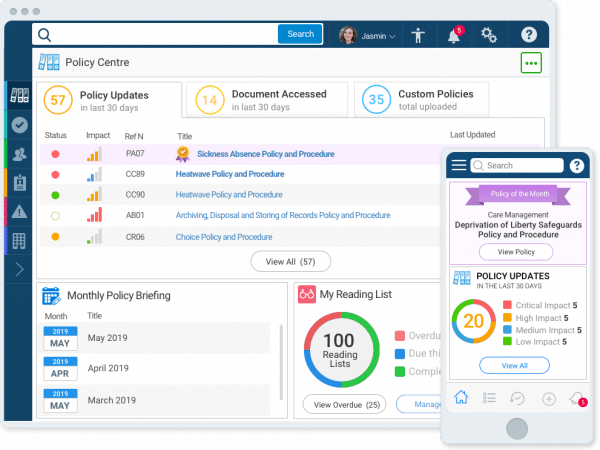Health and Social Care Act 2008 (Regulated Activities) Regulations 2015
The Care Act represents the most significant reform of social care in more than 60 years, putting service user and stakeholders in control of their care and support.
The primary focus of the Health and Social Care Act 2008 was to create a new regulator whose purpose was to provide registration and inspection of health and adult social care services together for the first time, with the aim of ensuring safety and quality of care for service users.
Thus the Care Quality Commission (CQC) was established, with enhanced powers to regulate primary care services, including hospitals, GP practices, Dental practices and Care Homes.
The Health and Social Care Act 2012 made minor changes to the 2008 Act, strengthening the relationship between the CQC and Monitor (the independent regulator of NHS foundation trusts) and the establishment of Healthwatch, the consumer champion for health and social care.
Various legislations have come into effect since the 2008 Act was passed, to give greater clarity. First and foremost amongst these is the Health and Social Care Act 2008 (Regulated Activities) Regulations 2010, concentrating on defining the types of services regulated and the activities for which they must be registered to provide.
The Care Act 2014 came into force in early 2015, introducing a statutory framework for safeguarding adults in England. This saw the introduction of the Duty of Candour and Fundamental Standards by which all service providers are now inspected against.
This cohesive approach has led to the Care Quality Commission becoming one of the most powerful regulatory bodies in the UK.


